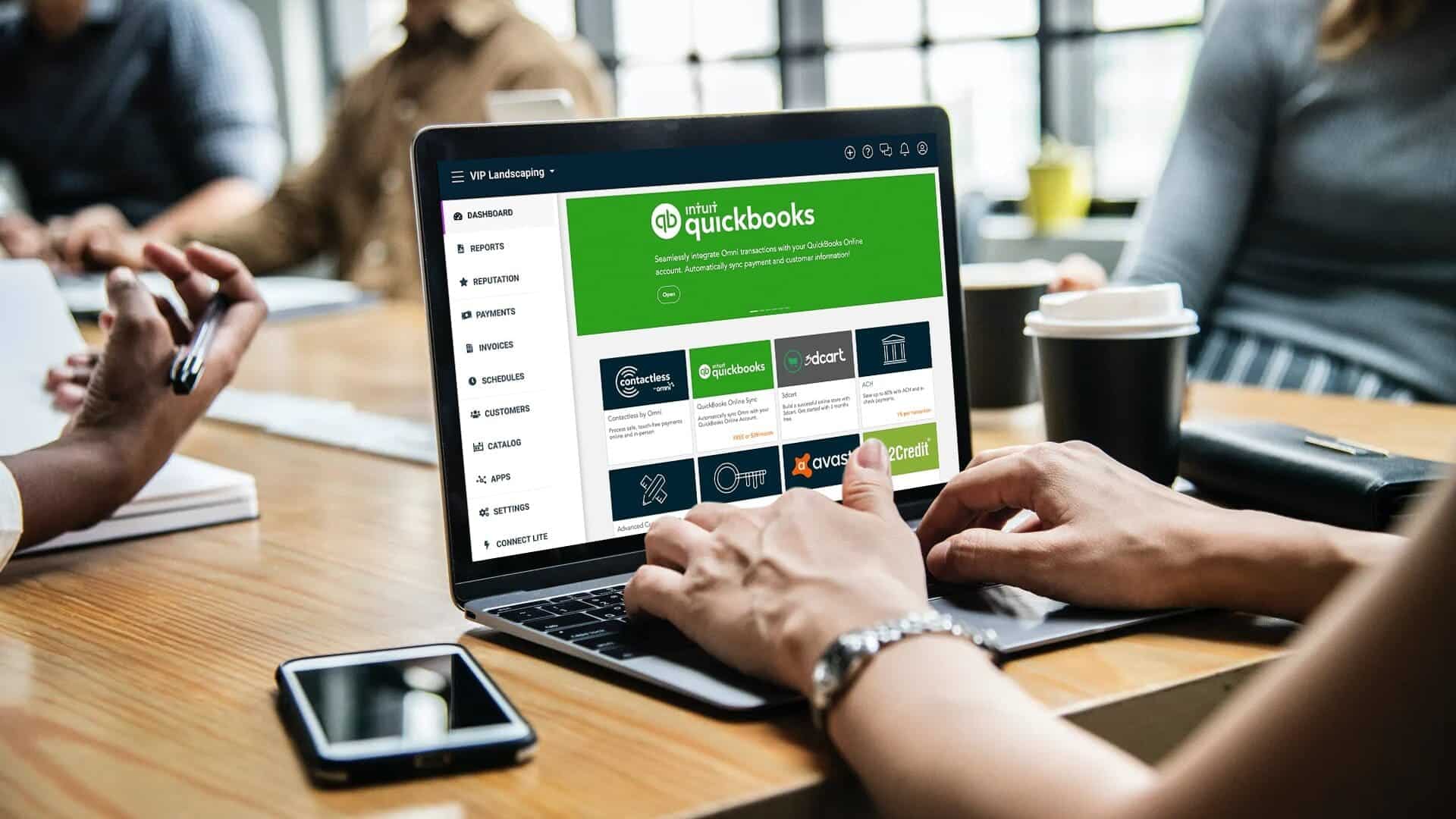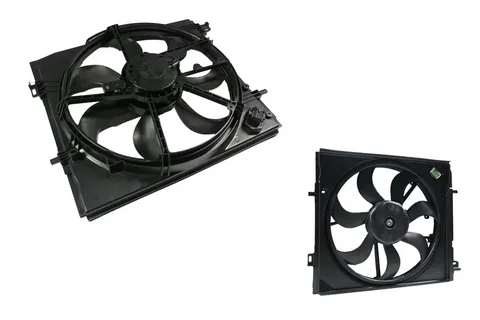Choosing between QuickBooks Online and QuickBooks Desktop can be a pivotal decision for business owners. Both versions offer exceptional tools and capabilities for managing finances, but they’re designed with distinct strengths. This guide will break down the differences, help you weigh the pros and cons, and enable you to confidently decide which QuickBooks 2025 version aligns best with your business needs.
Why Choose QuickBooks?
QuickBooks is a trusted name in accounting software for its versatility, reliability, and continuous improvement. Whether you’re a small startup or a growing company, QuickBooks can streamline your accounting, payroll, and expense tracking. But understanding the key differences between QuickBooks Online and QuickBooks Desktop will empower you to select the version that matches your unique requirements.
QuickBooks Online: Accessible, Flexible, and Collaborative
QuickBooks Online (QBO) is a cloud-based platform, ideal for businesses needing flexible access. Here’s a breakdown of QBO’s standout features:
1. Access from Anywhere
With QuickBooks Online, you can log in from any device with an internet connection. This accessibility makes it perfect for remote work, especially for teams spread across multiple locations or with employees who frequently travel.
2. Automatic Backups and Updates
Since QuickBooks Online is hosted by Intuit, you don’t have to worry about manual updates or backups—everything happens seamlessly in the background. Security patches, feature updates, and data backups are all managed by Intuit, providing peace of mind.
3. Real-Time Collaboration
QuickBooks Online enables real-time collaboration, allowing multiple users to access and work within the same file simultaneously. This is particularly beneficial for larger teams, accountants, and business owners who want shared access.
4. Integration Capabilities
QuickBooks Online supports integrations with hundreds of apps, including CRMs, payroll systems, e-commerce platforms, and more. This flexibility means you can create a custom solution by connecting QuickBooks to tools you already use.
5. Pricing Model
QBO operates on a subscription basis, meaning you pay monthly or annually. This pay-as-you-go approach keeps initial costs low, making it affordable for smaller businesses. Intuit offers several pricing tiers based on the features and number of users needed, allowing you to scale your subscription as your business grows.
Best For:
- Businesses needing remote access
- Teams that need collaborative features
- Companies looking for easy scalability and integration options
QuickBooks Desktop: Power, Control, and Advanced Functionality
QuickBooks Desktop (QBD), on the other hand, is a locally-installed solution, designed for businesses that prioritize data control, advanced features, and offline access. Here’s what makes QuickBooks Desktop a compelling choice:
1. Enhanced Features and Reporting
QuickBooks Desktop provides more robust features than QBO in some areas, including detailed job costing, industry-specific editions, and in-depth reporting tools. These enhanced functionalities make it an excellent choice for businesses in construction, manufacturing, or retail, where complex accounting is a daily requirement.
2. Data Security and Control
For businesses that require strict control over data, QuickBooks Desktop offers a secure solution that keeps sensitive financial information in-house. While QBD is not hosted on the cloud, you can set up local backups and even integrate with cloud backup services for added protection.
3. One-Time Payment Option
Unlike QuickBooks Online’s subscription model, QuickBooks Desktop offers a one-time purchase option with a few versions. This option can be more cost-effective over time if you prefer to buy software outright rather than subscribe.
4. Offline Access
Since QuickBooks Desktop is installed on a local machine, you can work offline without relying on an internet connection. This feature can be advantageous for users in locations with unreliable internet or who need uninterrupted access to their files.
5. Industry-Specific Editions
QuickBooks Desktop includes specific versions tailored for industries like contractors, manufacturing, and nonprofits. These editions come with features that cater to unique accounting needs, making QuickBooks Desktop a good fit for more specialized requirements.
Best For:
- Businesses with complex accounting needs
- Companies requiring offline access
- Firms that want a one-time purchase option
Key Differences Between QuickBooks Online and QuickBooks Desktop
Here’s a side-by-side comparison of QuickBooks Online and QuickBooks Desktop to help clarify the main distinctions:
| Feature | QuickBooks Online | QuickBooks Desktop |
|---|---|---|
| Access | Web-based, accessible from anywhere | Local, accessible only on installed devices |
| Collaboration | Real-time, multiple users at once | Limited to a single device or LAN setup |
| Updates | Automatic, included in subscription | Manual or annual update (with additional cost) |
| Pricing Model | Subscription-based | One-time purchase or annual subscription |
| Data Control | Cloud-based, managed by Intuit | Local data control and security |
| Advanced Features | Limited advanced reporting, job costing | Enhanced reporting, industry-specific tools |
| Offline Access | Internet required | Available offline |
Choosing the Right Option for Your Business
The choice between QuickBooks Online and QuickBooks Desktop largely depends on your business’s specific needs. Here are some questions to guide your decision:
- Do you need remote access? If you or your team need to work from multiple locations, QuickBooks Online’s cloud accessibility is ideal.
- Are you looking for advanced features? QuickBooks Desktop provides more robust tools, especially for industry-specific accounting.
- Do you prefer a subscription or one-time payment? QuickBooks Online offers subscription-based pricing, while QuickBooks Desktop has one-time purchase options for select versions.
- Is offline access important? For businesses in locations with unreliable internet, QuickBooks Desktop offers a solution that doesn’t depend on connectivity.
- Do you need extensive integrations? QuickBooks Online supports numerous app integrations, making it easier to customize your accounting solution with existing tools.
Pros and Cons at a Glance
To make your choice easier, here’s a quick overview of the benefits and trade-offs for each version:
QuickBooks Online
Pros:
- Accessible from any device with internet
- Real-time collaboration and remote team access
- Automatic backups and updates
- Integration with numerous business apps
- Subscription model lowers upfront costs
Cons:
- Internet connection required
- Fewer advanced reporting and customization features
QuickBooks Desktop
Pros:
- Advanced reporting and industry-specific tools
- Offline access with local installation
- Greater data control for security-conscious businesses
- One-time purchase options available
Cons:
- Limited collaboration without additional setup
- Requires manual updates and backups
Frequently Asked Questions (FAQ)
Q1: Can I switch from QuickBooks Desktop to QuickBooks Online?
A: Yes, Intuit provides tools and guidance to help transfer data from QuickBooks Desktop to QuickBooks Online. Keep in mind that certain features and data may not convert directly, so it’s best to consult Intuit’s support for assistance.
Q2: Are there industry-specific versions of QuickBooks Online?
A: QuickBooks Online doesn’t offer industry-specific versions like QuickBooks Desktop does, but it’s highly customizable through integrations and third-party apps.
Q3: Can I use both QuickBooks Online and QuickBooks Desktop?
A: While some businesses use both versions, data isn’t automatically synced between them. Choose one as your primary platform, or explore third-party syncing tools if dual access is essential.
Conclusion: Which is Right for You?
Both QuickBooks Online and QuickBooks Desktop are powerful options, each with unique advantages. QuickBooks Online is a flexible, scalable choice for remote access, collaboration, and easy integration with other tools. On the other hand, QuickBooks Desktop provides advanced features, offline access, and more control, making it ideal for businesses with specific industry needs or those prioritizing data control.
By understanding the strengths of each version, you can select the option that will best support your financial management and growth goals. QuickBooks empowers you to streamline operations and focus on what you do best—running your business with confidence!




